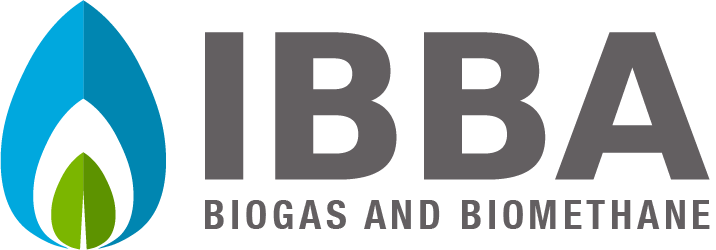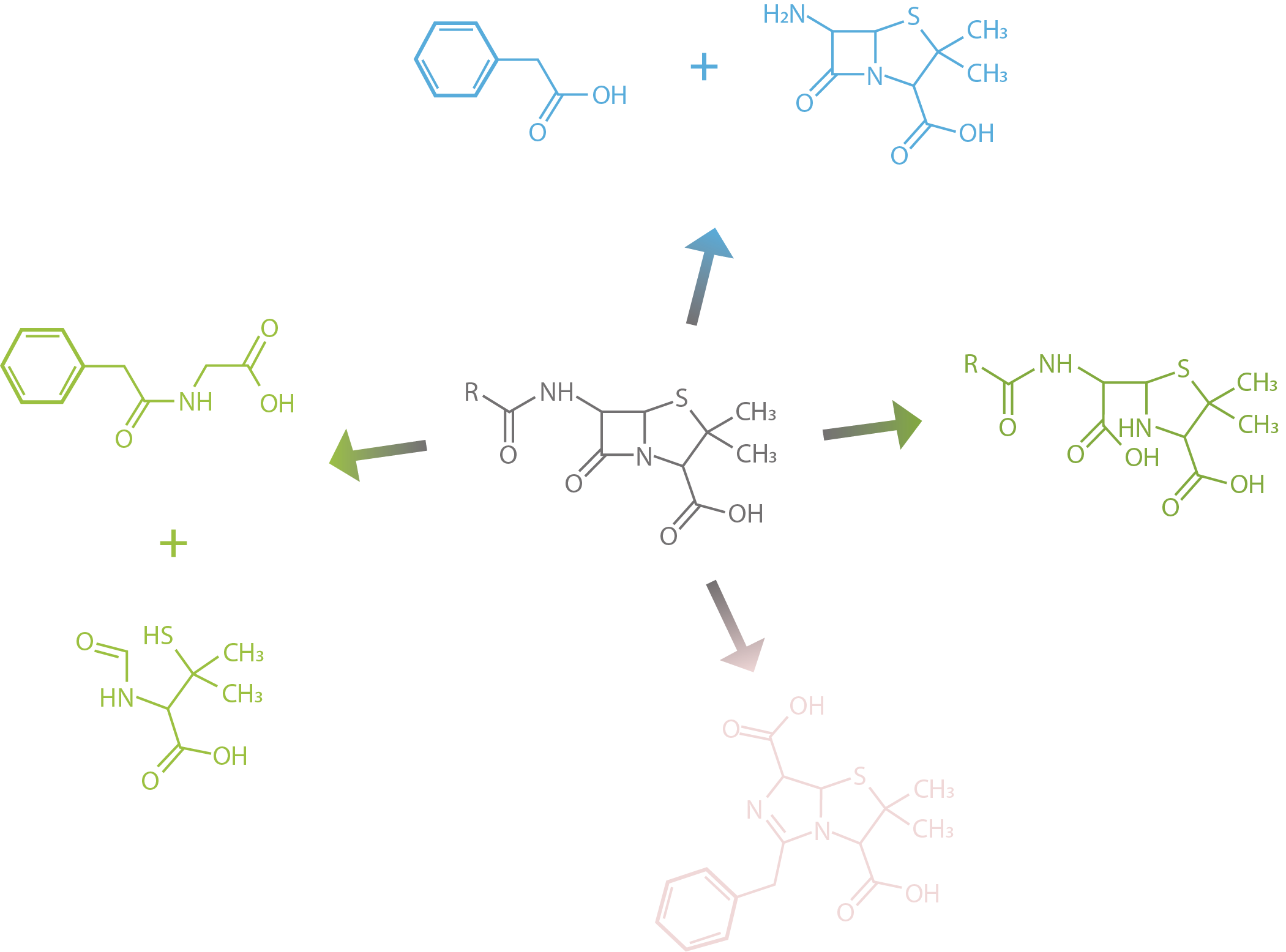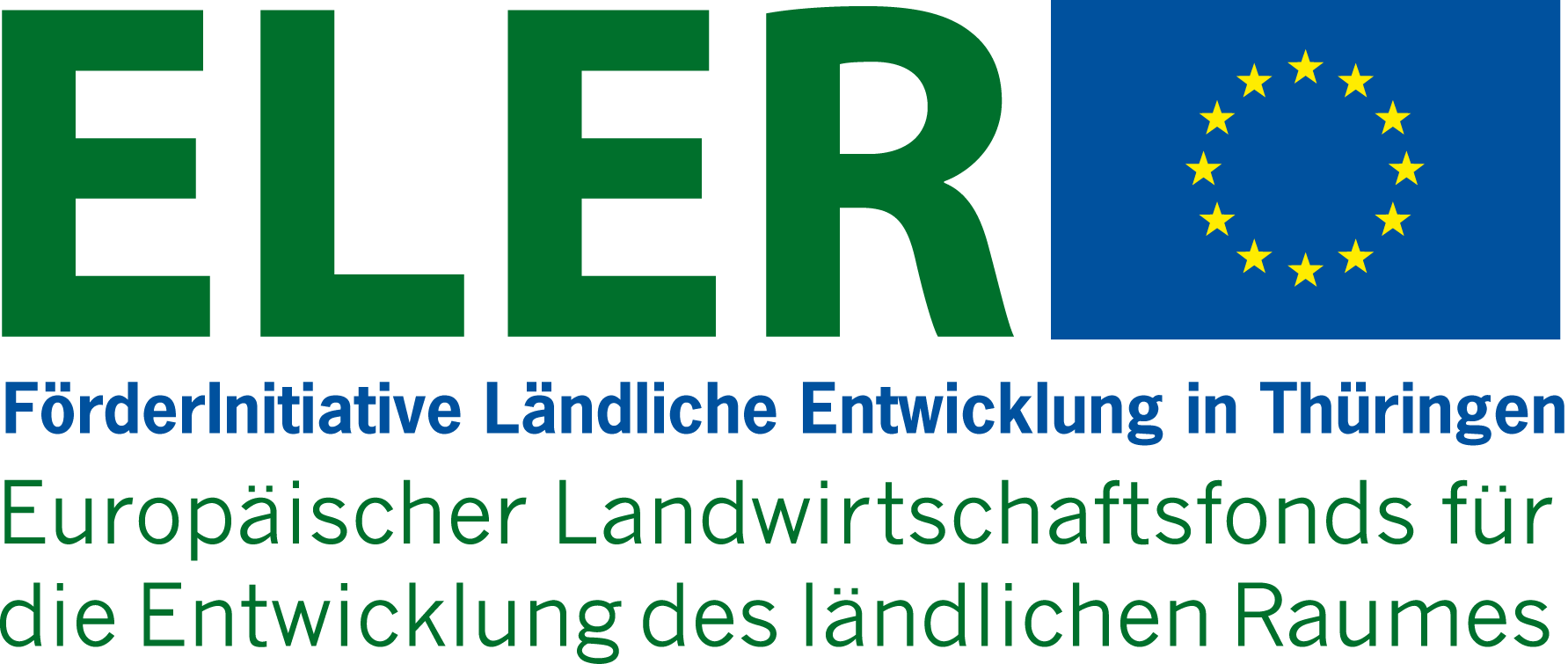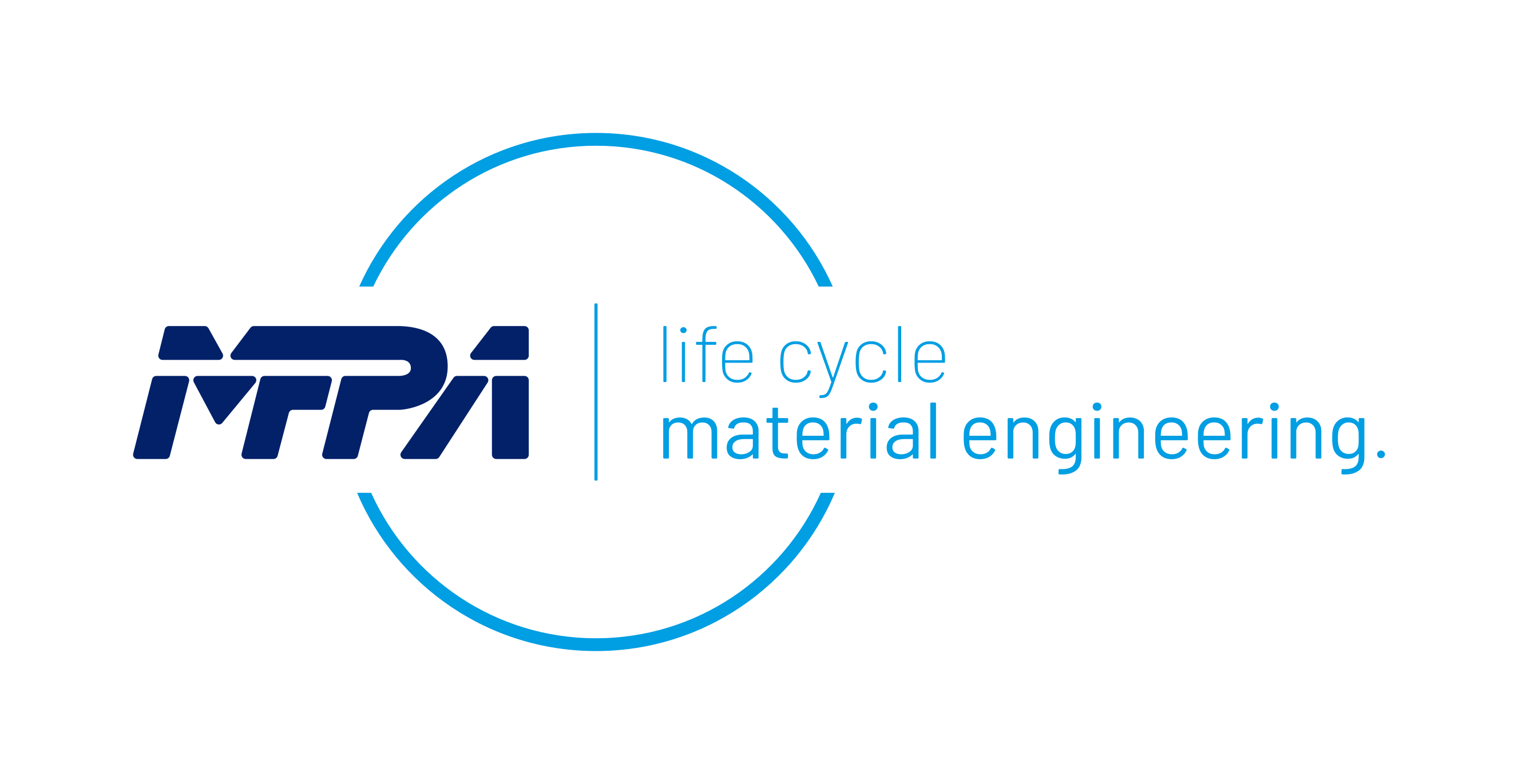Weimar, Germany - April 17th - 18th, 2023
The 11th IBBA workshop will address methods and technological solutions for reduction of antibiotics in environmental compartments register nowThe workshop is part of a Thuringian project called ABIOTEC II, which aims to addess methods and technological solutions for reduction of antibiotics in environmental compartments
Protecting livestock in modern intensive animal husbandry is typically based on the use of specialized veterinary pharmaceuticals. Through the use of the excretion products, there is a direct or indirect application onto agricultural areas and into the water cycle.
The fermentation of manure might be suitable as a process, which reduces the potential for environmental toxicological harm from certain substances, but it can also pose environmental risks. Are there other methodological approaches or procedures to reduce the pollutant input and thus to reduce the pollution? Which factors should be prioritized in order to be used in everyday agricultural life? Does reducing or even eliminating antibiotics solve the problem? And perhaps most importantly – how can we monitor it?
On April 17th and 18th in Weimar researchers from Germany, Netherlands, Denmark and USA will share their results on topics such as how antibiotics affect soil, the alteration of the soil microbiome and the role of antibiotic resistant bacteria and genes, as well as effects they have observed in treatment options, and approaches for monitoring.
The workshop will be hybrid and the presentations can be viewed online. The discussion groups, however, will only take place in-person. Among other things, these will focus on analytical monitoring and the development of practicable guidelines for use and their communication to interest groups such as farmers and veterinarians.
The workshop is part of a Thuringian project called ABIOTEC II, which aims to addess methods and technological solutions for reduction of antibiotics in environmental compartments
Protecting livestock in modern intensive animal husbandry is typically based on the use of specialized veterinary pharmaceuticals. Through the use of the excretion products, there is a direct or indirect application onto agricultural areas and into the water cycle.
The fermentation of manure might be suitable as a process, which reduces the potential for environmental toxicological harm from certain substances, but it can also pose environmental risks. Are there other methodological approaches or procedures to reduce the pollutant input and thus to reduce the pollution? Which factors should be prioritized in order to be used in everyday agricultural life? Does reducing or even eliminating antibiotics solve the problem? And perhaps most importantly – how can we monitor it?
On April 17th and 18th in Weimar researchers from Germany, Netherlands, Denmark and USA will share their results on topics such as how antibiotics affect soil, the alteration of the soil microbiome and the role of antibiotic resistant bacteria and genes, as well as effects they have observed in treatment options, and approaches for monitoring.
The workshop will be hybrid and the presentations can be viewed online. The discussion groups, however, will only take place in-person. Among other things, these will focus on analytical monitoring and the development of practicable guidelines for use and their communication to interest groups such as farmers and veterinarians.

When
April 17th-18th, 2023
Where
Weimar, Germany – Venue and hotel details
Registration is now open
The number of participants is limited




